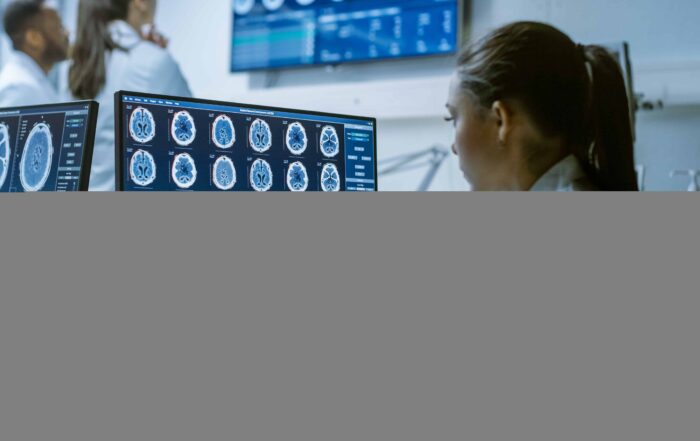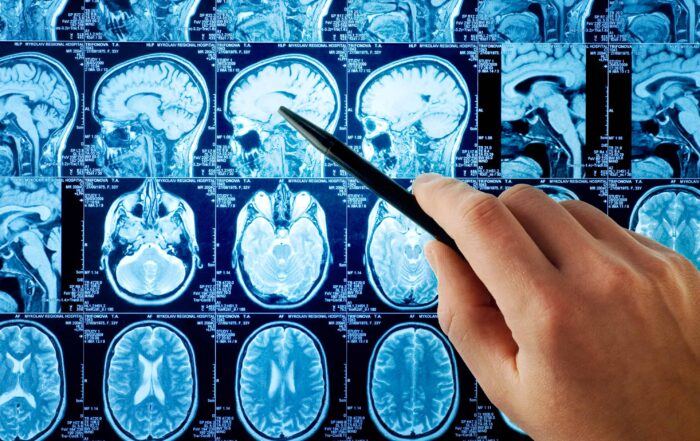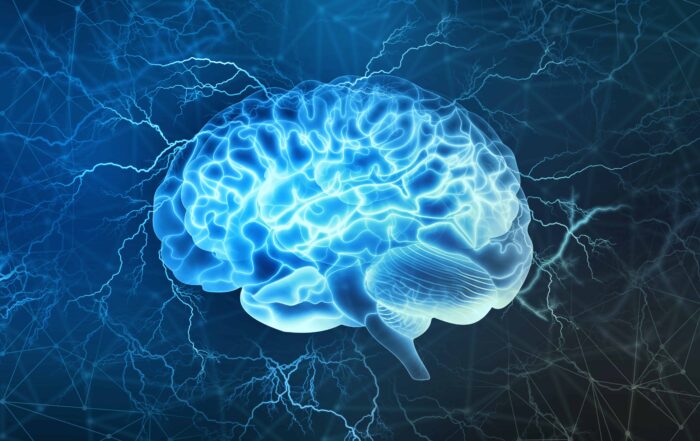Certificates of participation are available upon successful completion of a brief knowledge quiz: HERE

Dr. Hendren took his residency in general psychiatry at the Mayo Graduate School of Medicine, and his child and adolescent psychiatry fellowship at the Yale Child Study Center. He is board certified in General as well as Child and Adolescent Psychiatry.
His current areas of research and publication interests are translational clinical pharmacology and nutritional trials using biomarkers (MRI, measures of inflammation, oxidative stress, immune function and pharmacogenomics) in neurodevelopmental disorders.
Early exposure to pollutants may alter brain’s development
A new study suggests that exposure to air pollutants before birth and during childhood may lead to alterations in white matter microstructure in the brain. Abnormal white matter microstructure has been linked to
Widespread changes detected in the cerebral cortex in autism
New research indicates that in autism spectrum disorders (ASD), changes at the molecular level are present throughout the cerebral cortex rather than solely in cortical regions associated with language and social cognition.
Study offers clues about eye contact avoidance in ASD
Adults with autism exhibit less activity in a specific brain region during eye contact than neurotypical adults do, according to a new study. Joy Hirsch and colleagues used a noninvasive neuroimaging method called functional
COVID-19 epidemic’s effects on infant development studied
A new meta-analysis indicates that infants born or raised during the COVID-19 pandemic do not exhibit impaired neurodevelopment overall. However, the study suggests that infants who experienced their first year of life during
Treating autism with contingent electric shock: Are all possible options really considered?
The use of punishment to treat severe behavioral challenges in autistic children was first introduced nearly 60 years ago. Although most people in the autism community strongly disagree with using any form of
Two studies indicate that autoantibodies in maternal blood may provide diagnostic clues in autism
Certain patterns of proteins in the blood of pregnant women may help to predict one type of autism spectrum disorder (ASD) in children, according to two new studies. Both studies focused







